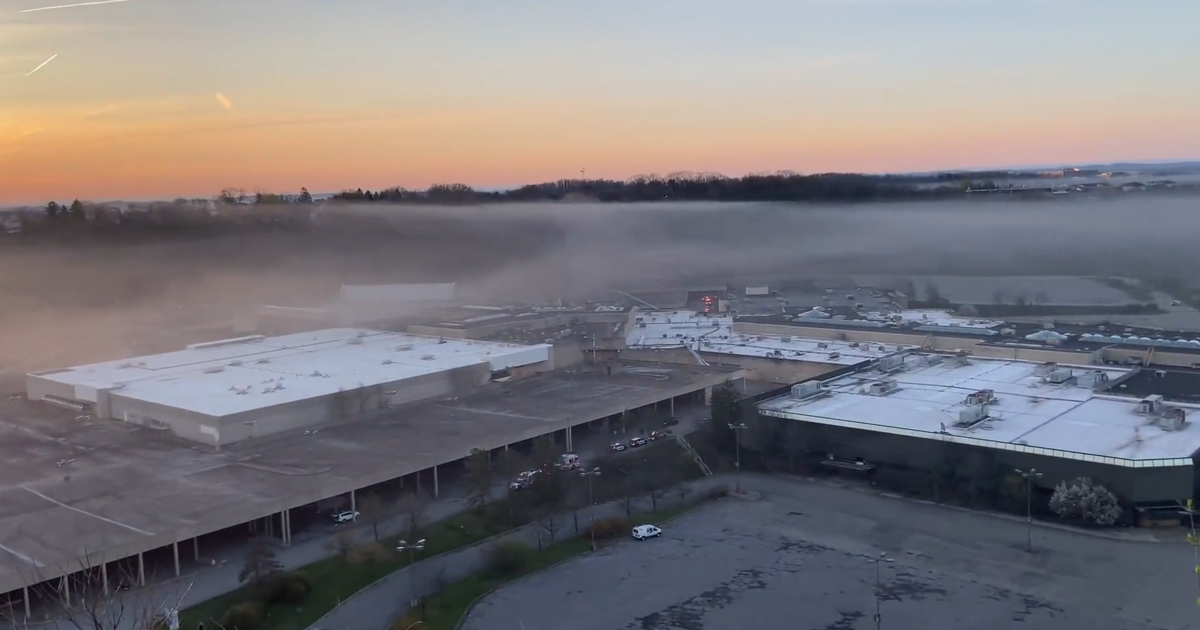KDKA's Andy Sheehan Gets Inside Look At Fracking Process
PITTSBURGH (KDKA) - It's a word few us knew about three years ago, but one that now provokes raw emotion.
Fracking is the use of water and chemicals to extract natural gas from shale formations under the ground.
To environmentalists, it's a poisonous threat to our water supply. To the shale gas industry, it's ground-breaking technology and the key to America's energy future.
It's a process embroiled in controversy, the gas exploration company Range Resources is confident it can be done in a safe and controlled manner.
"It's a closed loop, very high-tech operation we have," Matt Pitzarella with Range Resources said.
Range agreed to give KDKA Investigator Andy Sheehan a first-hand view starting with the frack fluid itself, which is comprised of water, chemicals and sand.
Together with the water and chemicals, it's blended and pumped though a network of pipes leading to the wellhead.
The pipes pump 300,000 gallons of the frack fluid at 6,500 pounds per square inch, fracturing the shale a mile and half below the surface.
The frack fluid rushes through the already prepared well bore all the way down and into the shale, where it shoots through perforated pipe, freeing the natural gas, which then flows back up the well bore to the surface.
"We monitor all the technical variables that are going on in this operation," Dennis Lee Decker with Range Resources said.
Engineers in an on-site computer lab called a "frack van" measure the pressure and chemical mixes for the best productivity and to ensure against accidents.
But is the system safe?
Accidents have been rare, but not unheard of with blowouts in West Virginia and Clearfield County, which spilled into a nearby trout stream.
Range Resources representatives said those were incidents where the companies were not doing what they were required to do.
Since frack fluid is laced with chemicals, another concern has been the threat to underground water supplies called aquifers, which are generally about 300 feet below the surface.
In places like Dimock and Bradford County, Pa., residents believe fracking has contaminated those supplies with methane gas. As a result, residents have been able to light their faucet water.
Range argues that it lines its wells with steel pipes and they encase those pipes with concrete to protect the underground water.
Still, a third concern is the transport and treatment of the flowback water once it comes to the surface. Range is now treating and recycling virtually all of its water, but all of that back and forth worries CMU professor Jeanne VanBriesen.
"That possibility that we could mismanage that waste water is the problem," VanBriesen said.
Range would argue that risks are involved in all forms of energy extractions and the economic benefits in employment justify those risks and more.
RELATED LINKS
More Local News
More Marcellus Shale News
More Reports From Andy Sheehan



